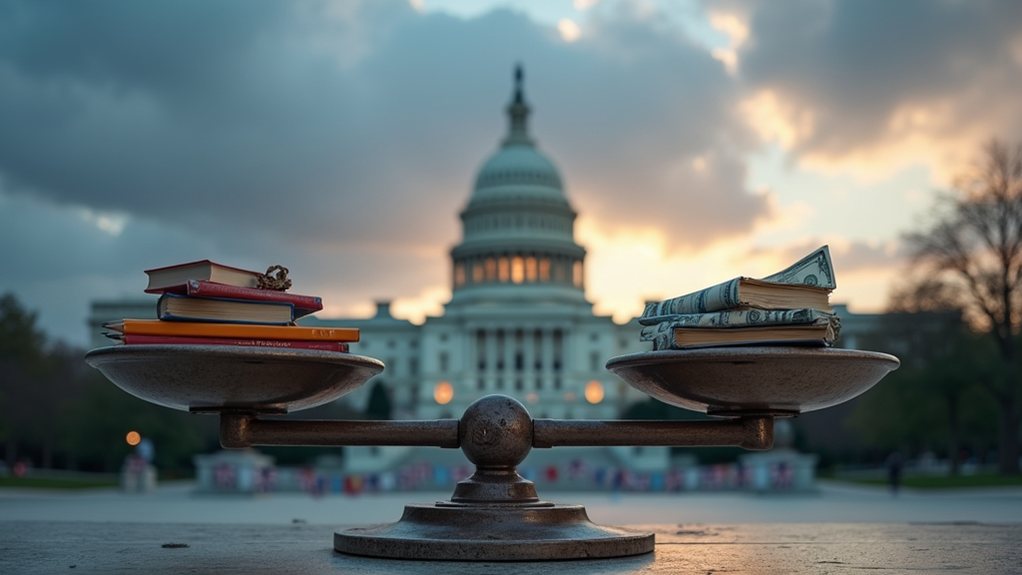A federal judge in Boston has blocked cuts to teacher training programs proposed by the Trump administration. The ruling came after Judge Myong Joun issued a temporary restraining order in favor of eight states that challenged these cuts. The judge found that the proposed cuts violated administrative law and could cause "immediate and irreparable harm" to the states involved.
The cuts targeted programs like the Teacher Quality Partnership (TQP) grant program and the Supporting Effective Educator Development (SEED) program. These programs provided around $600 million in funding nationwide, focusing on high-demand subjects such as math, science, and special education. They aimed to address the ongoing teacher shortage crisis in the country. This situation was underscored by data indicating that teacher retention rates greatly improved due to these programs. Additionally, nearly 600 college students in Southern California are currently training for teaching roles under these grants, highlighting the programs' significance in preparing future educators.
The states that filed the lawsuit included California, Massachusetts, New Jersey, and Colorado, along with Illinois, Maryland, New York, and Wisconsin. These Democrat-led states argued that the cuts were politically motivated and claimed that the programs helped improve teacher retention rates.
The Trump administration defended the cuts by labeling the programs as "woke" and wasteful. Officials cited concerns over "divisive ideologies" in the training as part of a broader effort to overhaul the Education Department. They claimed that taxpayer dollars were being misused.
The proposed cuts threatened to disrupt teacher workforce pipelines, increasing the risk of relying on underqualified educators. Many worried this could destabilize local school systems and even lead to teacher training program closures.
The states argued that the cuts violated the Administrative Procedure Act, claiming the Education Department lacked the authority to cancel grants. They also contended that the cuts bypassed Congressional intent and did not provide a clear explanation for the cancellations.
The Trump administration has since appealed the ruling, moving the case to the 1st U.S. Circuit Court of Appeals. For now, the temporary order guarantees that funding for these critical programs remains intact, but the long-term fate of the programs is still uncertain.









